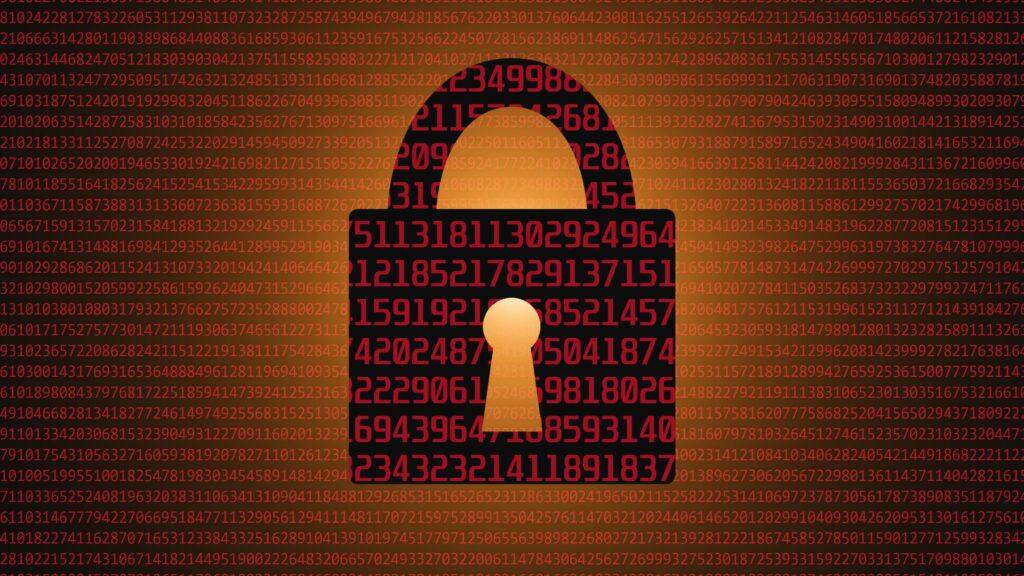- Nationwide internet outage reported in Tanzania
- This coincides with Tanzania’s general elections and widespread protests were reported.
- Afghanistan imposed a similar blockade earlier this month.
Tanzania is currently experiencing a major internet shutdown coinciding with its highly contentious general elections.
Reports from across the country, later confirmed by internet monitoring group NetBlocks, show that connectivity has been severely degraded, with access to popular social media platforms and messaging services such as X (formerly Twitter), WhatsApp and Instagram completely blocked for many users.
#Tanzania is experiencing a near-total #Internet outage amid election day protests. Traffic started to drop around 09:30 UTC (12:30 local), now more than 90% less than the previous week. Follow the current status at pic.twitter.com/i3GkIPs9vGOctober 29, 2025
The disruption began when polls opened and has continued as post-election tensions rise. The shutdown has created an information vacuum, making it incredibly difficult for journalists, election observers, and citizens to communicate and share information about the electoral process and the protests that have broken out in some regions. This blackout occurs when the government has He reportedly deployed the army to quell the growing unrest.
This measure to control the flow of information is a tactic increasingly seen around the world, particularly in times of political instability. By restricting access to the digital world, authorities can suppress dissent, prevent protesters from organizing, and control the narrative by limiting the spread of independent reporting on the ground.
A familiar tactic on a global scale
The situation in Tanzania is not an isolated incident, but rather part of a worrying global trend of governments turning to internet shutdowns as a tool of control.
Digital rights organizations have documented numerous cases where national connectivity is throttled or completely cut off during elections, protests, or periods of civil unrest. Commenting on this case of complete closure, Tigere Chagutah, Amnesty International’s Regional Director for Eastern and Southern Africa, said:
“The Internet disruption in Tanzania threatens to further aggravate the situation. The authorities must allow unrestricted access to information, both online and offline, ensuring full access to the Internet and allowing local and international media to report freely on the elections. The authorities have a constitutional responsibility to respect the human rights of all before, during and after the elections.”
“The authorities have the constitutional responsibility to respect the human rights of all.”
Tigere Chagutah, Amnesty International Regional Director for Eastern and Southern Africa
A similar, although even more extreme, situation was seen recently when Afghanistan completely shut down its Internet.
In that case, the blackout was so complete that even the use of the best VPN services could not offer an alternative solution to citizens, effectively isolating the entire nation from the outside world.
While VPNs are often effective at bypassing censorship and blocking specific content, they are powerless in the face of a complete network shutdown in which the core Internet infrastructure is disabled.
Events in Tanzania and Afghanistan highlight the critical importance of a free and open Internet, especially at times of national importance.
Once a government decides to go offline, citizens are left isolated, vulnerable and in the dark. Such actions restrict access to vital information, limit communication with the outside world, and undermine fundamental rights of expression and assembly, often with devastating social consequences.
Follow TechRadar on Google News and add us as a preferred source to receive news, reviews and opinions from our experts in your feeds. Be sure to click the Follow button!




